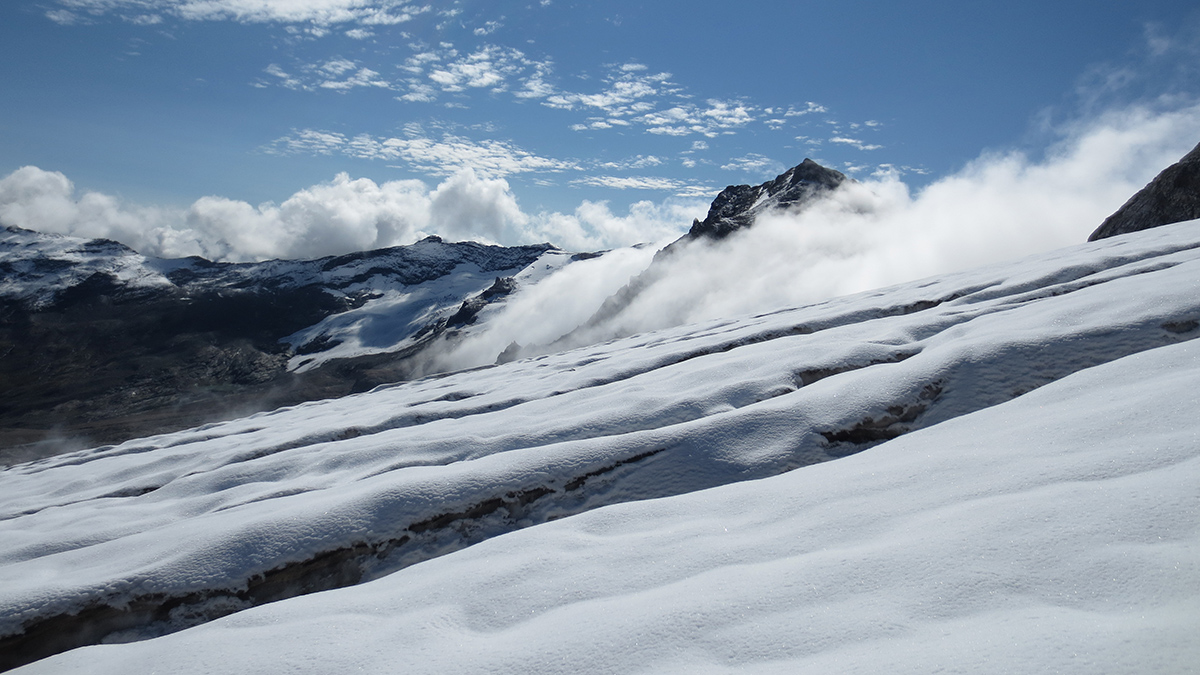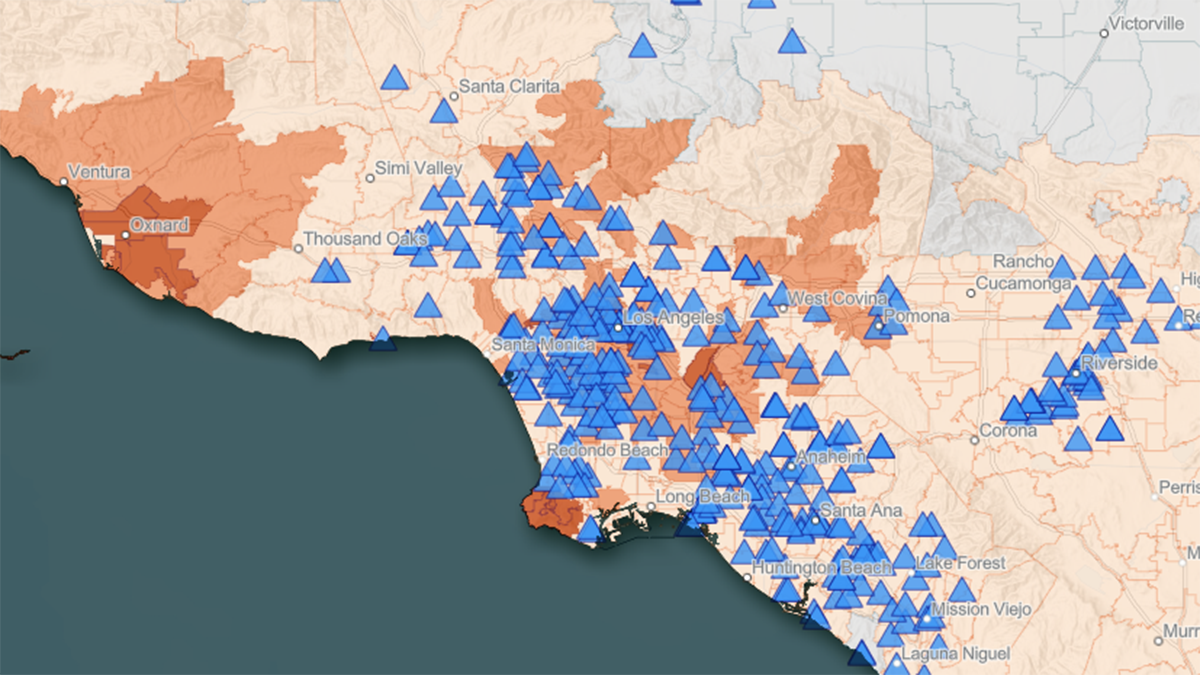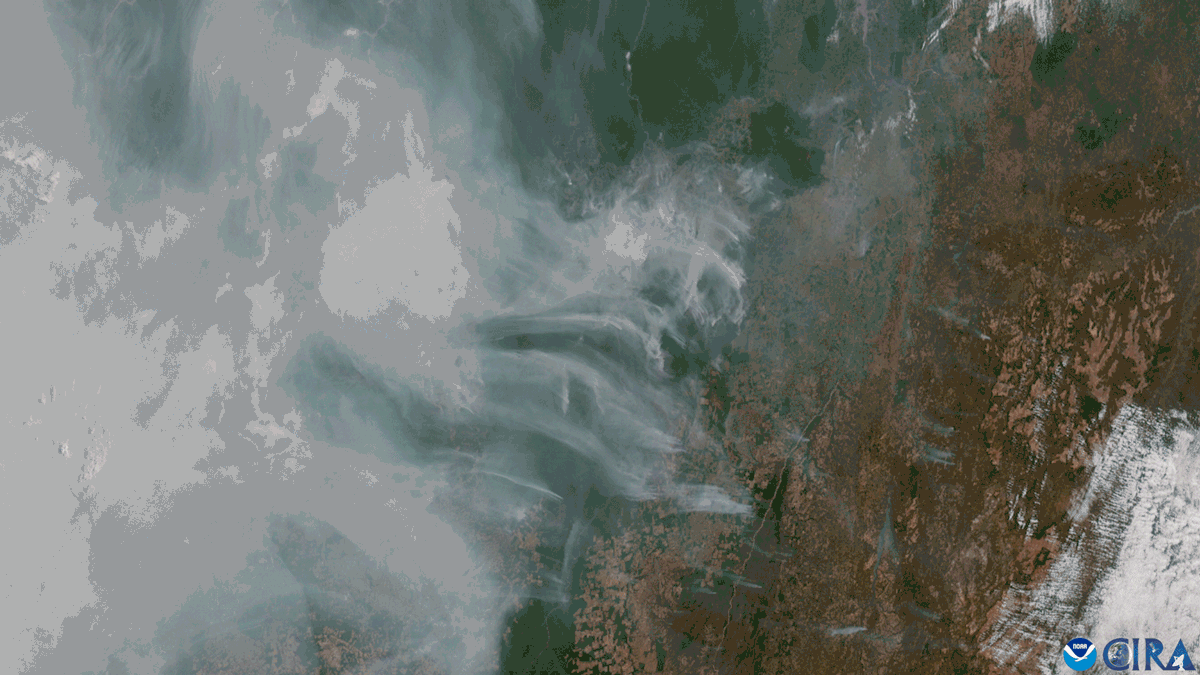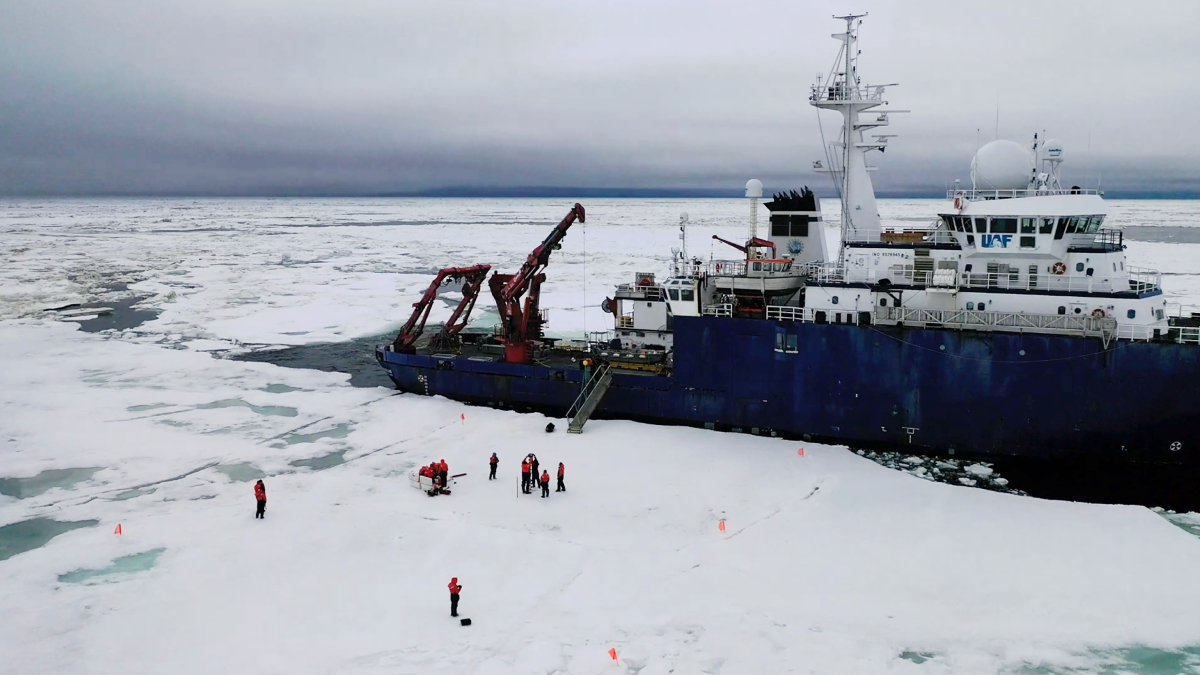An unprecedented dataset offers insight into the counterintuitive cooling effect of glaciers on a global scale.
temperature
New Tool Maps the Overlap of Heat and Health in California
CalHeatScore creates heat wave warnings for every zip code in California, using temperature data, socioeconomic indicators, and the history of emergency room visits, to predict heat-related health risk.
Ocean Tunneling May Have Set Off an Ancient Pacific Cooldown
The ocean’s depths cooled off about 1.5 million years ago, and scientists think watery tunnels from the south may be to blame.
Garment Factories Are Heating Up. Here’s How Workers Can Stay Cool
The solutions are simple, but economic barriers remain high.
Fire, Not Deforestation, Is Now the Amazon’s Biggest Carbon Emitter
Forest degradation in the Amazon increased by 400% in 2024. It was largely driven by wildfires during the forest’s worst fire season in more than 20 years.
2025 State of the Climate Report: Our Planet’s Vital Signs are Crashing
A yearly analysis of climate change’s progress and effects shows a “planet on the brink” of ecological breakdown and widespread crisis and suggests that only rapid climate mitigation able to avoid the worst consequences.
Ice Diatoms Glide at Record-Low Temperatures
New observations reveal how microscopic organisms move through polar ice and illustrate how they may have evolved to thrive in extreme environments.
Climate Change Could Slash Global GDP 24% By 2100
Unchecked greenhouse gas emissions could cause the world’s income to fall by nearly a quarter within the century, projects a new study published in PLOS Climate.
Paleoclimate Patterns Offer Hints About Future Warming
A new study examines 10 million years of sea surface temperature data to offer predictions about how future warming may unfold.










